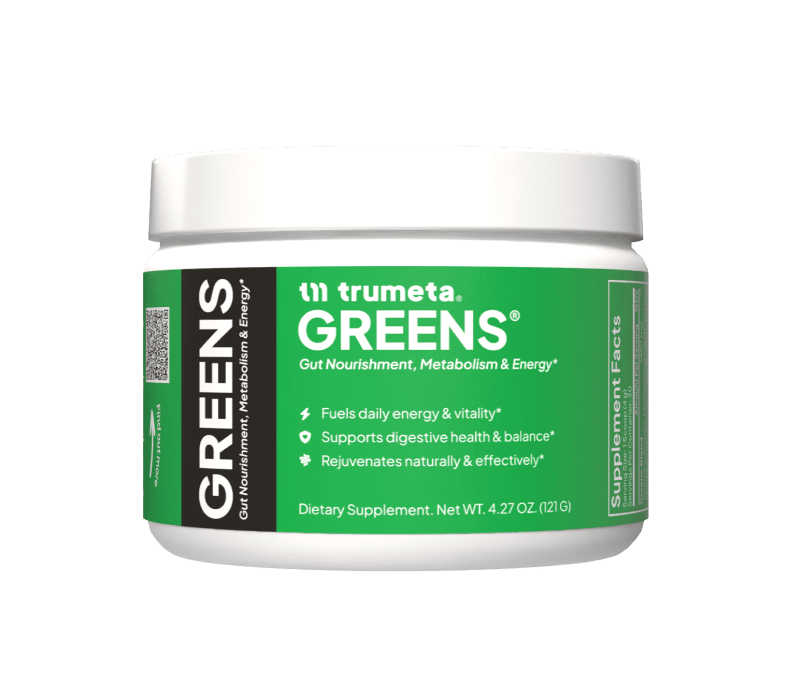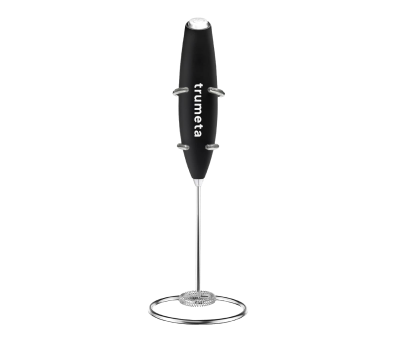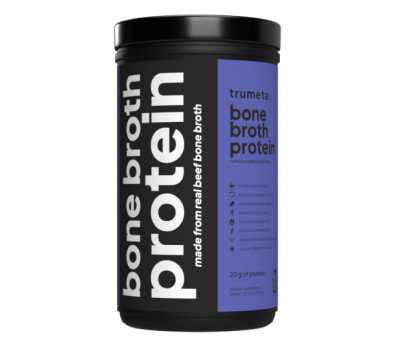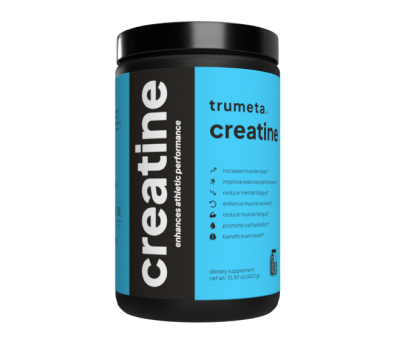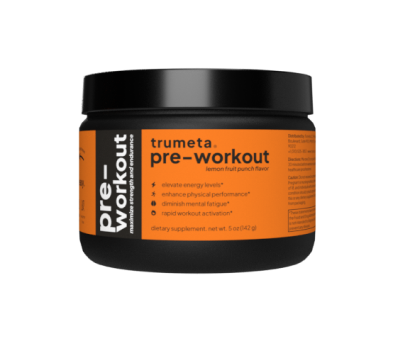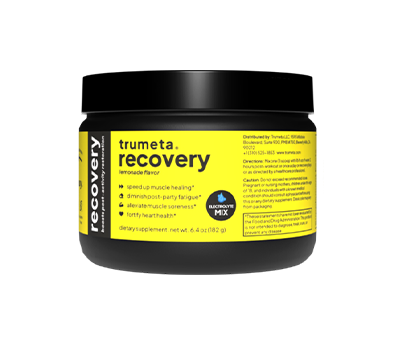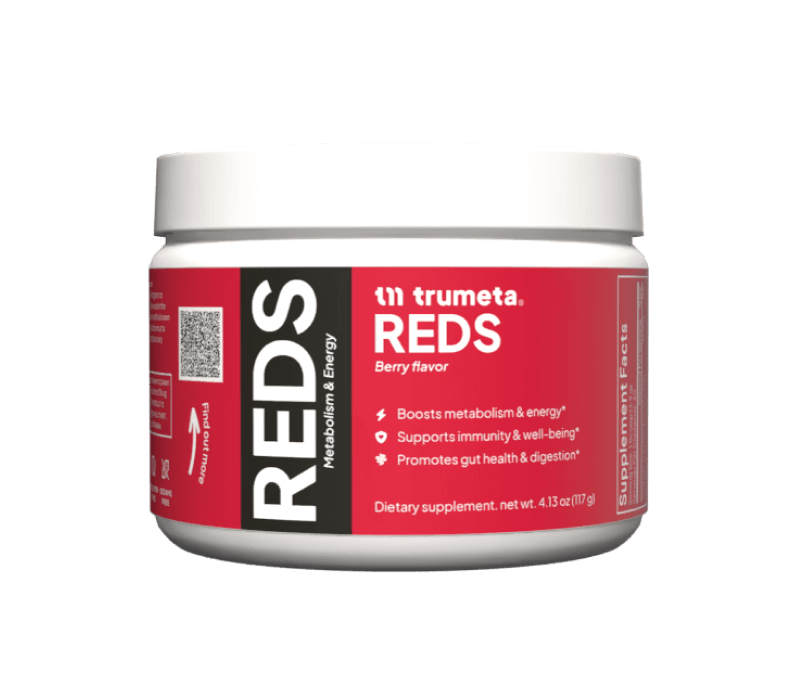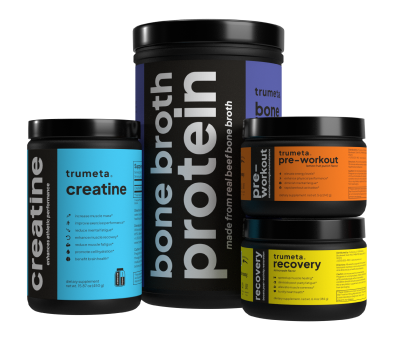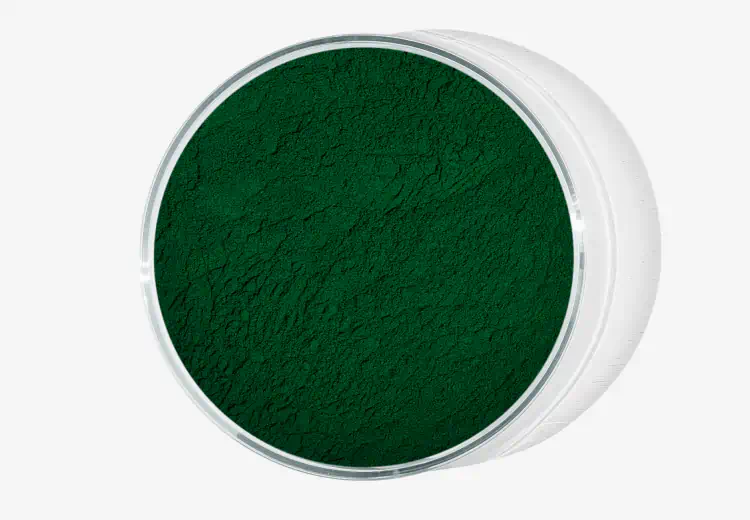
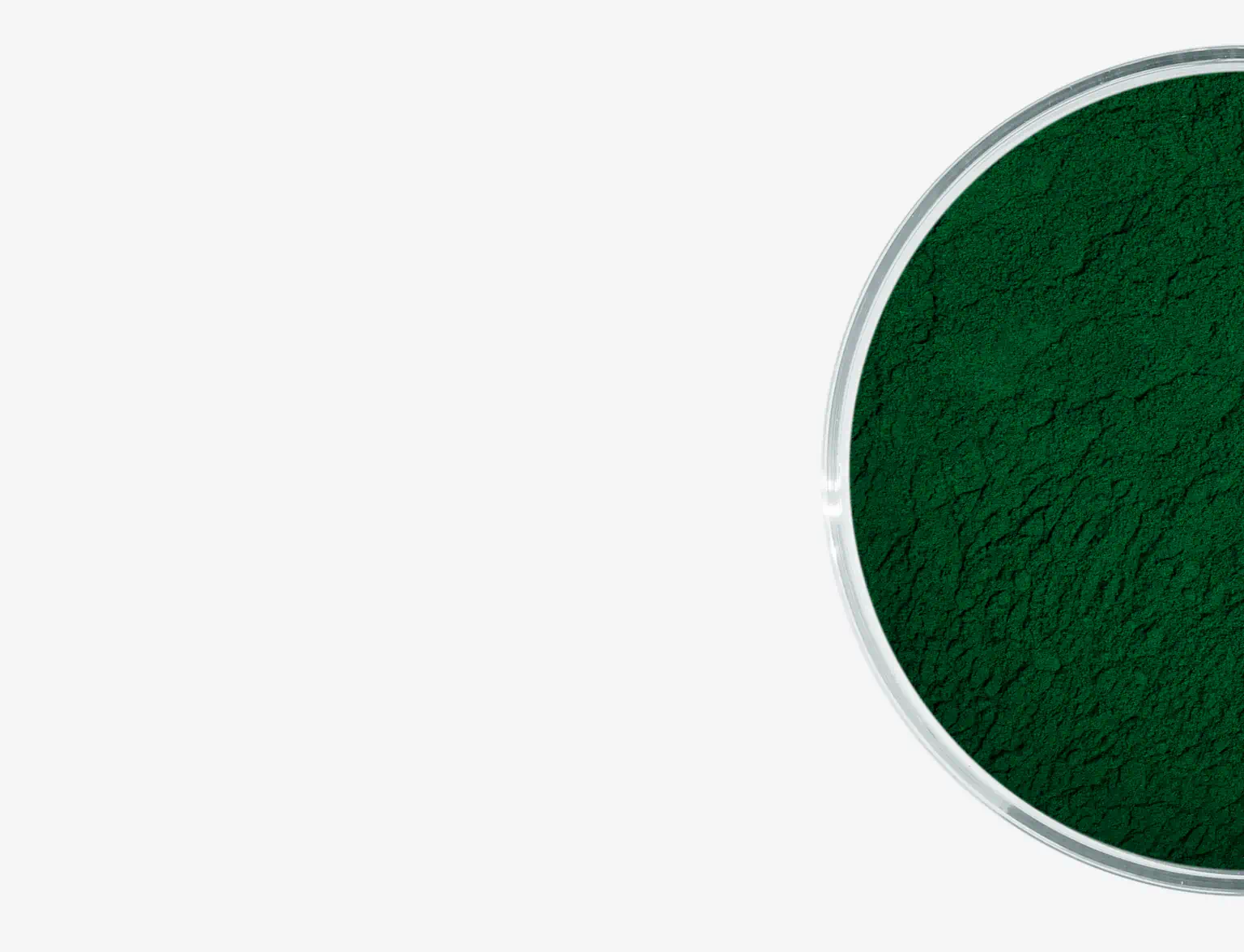

Organic Spirulina:
Benefits & Dosage for Optimal Health
Organic spirulina stands out as one of nature's most impressive superfoods. This vibrant blue-green algae has been consumed for centuries and continues to gain popularity among health enthusiasts today. Packed with protein, vitamins, minerals, and antioxidants, organic spirulina offers an impressive nutritional profile in a small serving.
Whether blended into smoothies, mixed into juices, or added to meals, organic spirulina delivers both nutrition and versatility. Its mild, earthy flavor pairs well with fresh ingredients, while its nutrient-rich profile supports digestion, energy, and immune function. Adding this superfood to your diet is an easy way to fuel your body with nature’s best.
Benefits of Organic Spirulina
Organic spirulina is more than just a superfood - it’s a nutrient-dense powerhouse that supports overall wellness and daily vitality. Packed with antioxidants, protein, and essential nutrients, it provides a range of benefits for the body, from boosting immunity to supporting muscle recovery.
Boosts Immune System
Spirulina helps strengthen the body’s natural defenses by supporting immune function. It contains key vitamins, minerals, and antioxidants that help the body stay resilient. Phycocyanin, the pigment that gives spirulina its blue-green color, plays a role in maintaining a healthy immune response. Adding spirulina to your routine is an easy way to support overall wellness.
Rich in Antioxidants
Every day, the body is exposed to free radicals - unstable molecules that can cause oxidative stress. Spirulina is rich in antioxidants, including phycocyanin, which helps protect cells from damage. Antioxidants play a key role in maintaining health by neutralizing these harmful molecules.
Supports Muscle Recovery
With over 60% protein by weight, spirulina is a complete protein source, meaning it contains all nine essential amino acids. These amino acids help support muscle repair and growth, making spirulina a great option for active individuals. Whether after a workout or as part of a balanced diet, spirulina provides a natural way to support muscle recovery.
Enhances Energy Levels
Spirulina is known for promoting energy and vitality. Its rich nutrient profile - including B vitamins, iron, and essential minerals - supports energy production at the cellular level. Unlike caffeine or sugar, spirulina provides a steady source of energy without crashes, making it a great addition to a morning routine.
Aids in Weight Management
The high protein content in organic spirulina powder helps promote satiety, which means you feel full longer. Protein takes longer to digest than carbohydrates, reducing hunger and unnecessary snacking. Adding spirulina to meals or smoothies can be a simple way to support weight management goals.
Forge Your Victory
Key nutrients
Organic spirulina is recognized as a nutrient-dense food, offering a concentrated source of essential vitamins, minerals, and beneficial compounds. This blue-green algae provides a well-rounded nutritional profile, making it a valuable addition to a balanced diet.
Proteins and
Amino Acids
Spirulina is an excellent source of plant-based protein, containing all nine essential amino acids that the body needs. This makes it a great option for those looking to support muscle function and recovery. With a high protein content of around 60-70% per serving, spirulina is one of the most protein-dense plant foods available.
Vital
Vitamins
Spirulina contains significant amounts of several important vitamins:
- Vitamin B12 - supports nerve function and DNA production
- Vitamin A - promotes healthy vision and immune function
- Vitamin K - essential for proper blood clotting and bone health
- B vitamins (including B1, B2, and B3) - support energy production
Essential
Minerals
This superfood is also rich in minerals that support numerous body functions:
- Iron - carries oxygen throughout your body and supports energy production
- Magnesium - involved in over 300 enzymatic reactions in your body
- Calcium - maintains bone health and supports muscle function
- Potassium - regulates fluid balance and supports heart function
Powerful
Antioxidants
Phycocyanin, the pigment that gives spirulina its distinctive blue-green color, is a potent antioxidant unique to this algae. It works alongside other antioxidants like chlorophyll, beta-carotene, and vitamin E to support cellular health and protect against oxidative damage.
Healthy
Fats
Spirulina contains beneficial omega-3 and omega-6 fatty acids in an ideal ratio, supporting heart and brain health. These essential fats help maintain cell membranes and support proper inflammatory responses in the body.
How to Use Organic Spirulina?
Adding organic spirulina to your daily routine is surprisingly simple and versatile. Start with a small amount - about 1/2 teaspoon (1-2 grams) - and gradually increase to 1-3 tablespoons daily as your body adjusts to this nutrient-dense food.
The most popular way to enjoy spirulina is blending it into smoothies where its earthy flavor blends well with fruits like bananas and berries. For a quick option, simply mix it with water or juice and drink it down.
You can also:
- Sprinkle it into yogurt or oatmeal
- Mix it into homemade energy balls
- Add it to salad dressings
- Incorporate it into soups
For best results, consume spirulina 30 minutes before meals or exercise for optimal nutrient absorption. Store your organic spirulina powder in an airtight container away from direct sunlight to maintain its potency and freshness.
Nutritional Information
Organic spirulina packs an impressive nutritional punch in a small serving size. Just one tablespoon (7 grams) of dried spirulina powder contains approximately:
- Calories: 20
- Protein: 4-6 grams
- Carbohydrates: 1.7 grams
- Fat: 0.5 grams
- Fiber: 0.3 grams
This serving also provides substantial amounts of key micronutrients:
- Iron: 2 mg (11% of daily value)
- Magnesium: 14 mg (3% of daily value)
- Potassium: 95 mg (2% of daily value)
- Vitamin A: 1,500 IU (30% of daily value)
- Vitamin K: 25 mcg (31% of daily value)
The protein in spirulina is considered complete, containing all essential amino acids your body needs. What makes spirulina truly special is its high concentration of phycocyanin, a unique antioxidant not found in many other foods.
For those tracking their nutrition carefully, the best organic spirulina powder offers an excellent way to boost nutrient intake without significantly increasing calories, making it a valuable addition to virtually any eating plan.
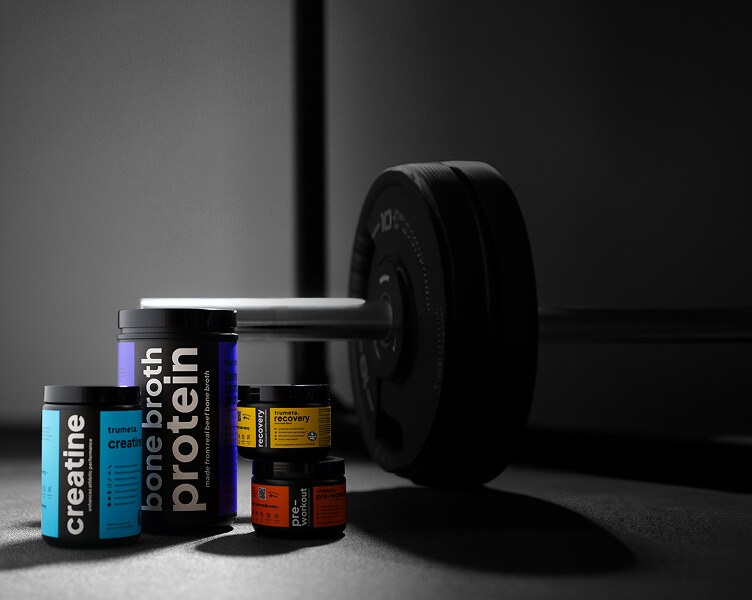


Strength isn't given.
It's earned.
Every rep. Every set. Every scoop.
Frequently asked questions
References
Does spirulina have to be organic?
While non-organic spirulina can offer benefits, organic versions avoid potential contaminants like heavy metals and pesticides. Choosing organic spirulina ensures you get pure nutrition without unwanted chemicals that could counteract its health-supporting properties.
What is organic spirulina good for?
Organic spirulina supports immune function, provides antioxidant protection, aids muscle recovery, enhances energy levels, and helps maintain healthy weight. Its complete protein profile and rich nutrient content make it an excellent supplement for overall wellness and nutritional support.
Is organic spirulina safe?
Organic spirulina is generally safe for most people when consumed in recommended amounts. It's been used for centuries with minimal adverse effects. Always purchase from reputable sources and start with smaller doses if you're new to this nutrient-dense superfood.
Zhang, Y., et al. (2022). Effects on spirulina supplementation on immune cells’ parameters of elite college athletes. Nutrients, 14(20), 4346. https://pmc.ncbi.nlm.nih.gov/articles/PMC9612057/
Stunda-Zujeva, A., et al. (2023). Comparison of antioxidant activity in various spirulina containing products and factors affecting it. Scientific Reports, 13(1). https://pmc.ncbi.nlm.nih.gov/articles/PMC10027845/
Tavakoli, Z., et al. (2025). Spirulina maxima as a valuable ingredient: Determination of broad fatty acid and amino acid profiles and nutritional quality and anti-amylase capacity. Applied Food Research, 5(1), 100741. https://www.sciencedirect.com/science/article/pii/S2772502225000514
Karkos, P. D., et al. (2008). Spirulina in clinical practice: Evidence‐Based Human Applications. Evidence-based Complementary and Alternative Medicine, 2011(1). https://pmc.ncbi.nlm.nih.gov/articles/PMC3136577/
DiNicolantonio, J. J., Bhat, A. G., & OKeefe, J. (2020). Effects of spirulina on weight loss and blood lipids: a review. Open Heart, 7(1), e001003. https://pmc.ncbi.nlm.nih.gov/articles/PMC7061888/
Marjanović, B., et al. (2024). Bioactive Compounds from Spirulina spp.—Nutritional Value, Extraction, and Application in Food Industry. Separations, 11(9), 257. https://www.mdpi.com/2297-8739/11/9/257
Halczuk, K., et al. (2023). Vitamin B12—Multifaceted in vivo functions and in vitro applications. Nutrients, 15(12), 2734. https://pmc.ncbi.nlm.nih.gov/articles/PMC10305463/
Vitamin A for good vision. (n.d.). WebMD. https://www.webmd.com/a-to-z-guides/supplement-guide-vitamin-a
Vermeer, C. V. (2012). Vitamin K: the effect on health beyond coagulation – an overview. Food & Nutrition Research, 56(1), 5329. https://pmc.ncbi.nlm.nih.gov/articles/PMC3321262/
Hanna, M., et al. (2022). B vitamins: Functions and uses in Medicine. The Permanente Journal, 26(2), 89–97. https://pmc.ncbi.nlm.nih.gov/articles/PMC9662251/
Abbaspour, N., et al. (2014). Review on iron and its importance for human health. https://pmc.ncbi.nlm.nih.gov/articles/PMC3999603/
LD, M. W. R. (2023). Why do we need magnesium? https://www.medicalnewstoday.com/articles/286839
Vannucci, L., et al. (2018). Calcium intake in bone health: A focus on Calcium-Rich mineral waters. Nutrients, 10(12), 1930. https://pmc.ncbi.nlm.nih.gov/articles/PMC6316542/
Terker, A. S., et al. (2015). Potassium Modulates Electrolyte Balance and Blood Pressure through Effects on Distal Cell Voltage and Chloride. Cell Metabolism, 21(1), 39–50. https://pmc.ncbi.nlm.nih.gov/articles/PMC4332769/
Fernandes, R., (2023). Exploring the benefits of phycocyanin: from spirulina cultivation to its widespread applications. Pharmaceuticals, 16(4), 592. https://pmc.ncbi.nlm.nih.gov/articles/PMC10144176/
Nhlbi, N. (2024). Omega-3s for heart health? Exploring potential benefits and risks. NHLBI, NIH. https://www.nhlbi.nih.gov/news/2024/omega-3s-heart-health-exploring-potential-benefits-and-risks
Novak, E. M., Dyer, R. A., & Innis, S. M. (2008). High dietary ω-6 fatty acids contribute to reduced docosahexaenoic acid in the developing brain and inhibit secondary neurite growth. Brain Research, 1237, 136–145. https://pubmed.ncbi.nlm.nih.gov/18710653/
